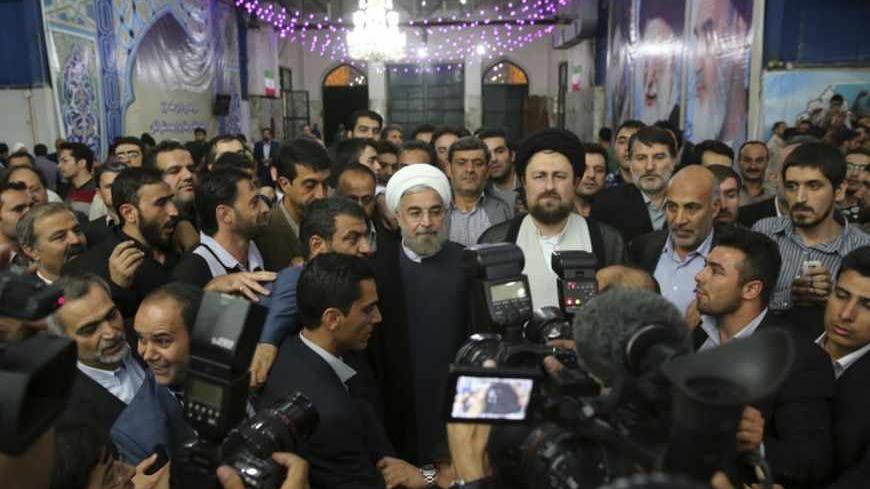One of the least publicized but most important aspects of US-Iran diplomacy — cultural and academic exchanges — may get a boost with the election of Hassan Rouhani as Iran’s president.
US-Iran cultural diplomacy has a long history dating back to 1834, two decades before the two countries had formal diplomatic ties. Americans founded some of Iran’s most prestigious academic institutions and tens of thousands of Iranians have studied in the US. After rising to record levels under Shah Mohammad Reza Pahlavi, this cross-pollination dwindled following the 1979 Islamic Revolution but was revived during the 1997-2005 presidency of Mohammad Khatami and has continued with occasional hiccups ever since.



